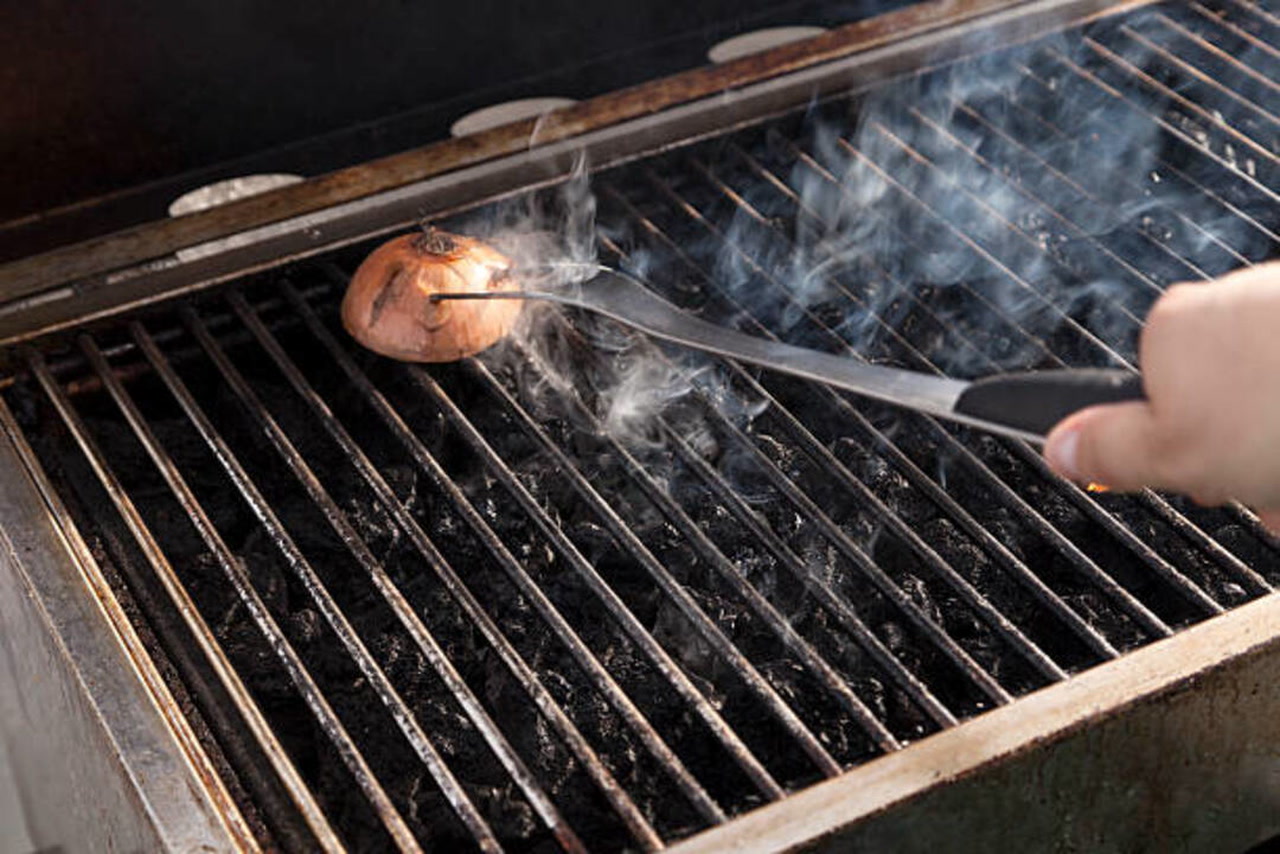Grill Grate vs Weber Grates: Which is the Best Choice for BBQ?
Written By James Morgan
Selecting the perfect grilling surface can be a hotly debated topic in the barbecue community, especially when it comes to the comparison of grill grate vs Weber grates. Whether you're an experienced grilling expert or just starting out in your backyard BBQ journey, knowing the distinctions between these two prevalent options is essential for improving your cooking experience. In this article, we will explore both types of grates in detail, assisting you in determining which one aligns best with your grilling preferences.
Understanding Grill Grates
Grill grates serve as critical components in any barbecue setup. They come in different materials such as stainless steel, cast iron, and porcelain-coated steel, each boasting its own pros and cons. For example, stainless steel grates are recognized for their durability and rust resistance, while cast iron grates excel in heat retention, making them ideal for creating those perfect grill marks. Meanwhile, porcelain-coated grates offer an additional layer of rust protection and are generally easier to clean.
The primary purpose of grill grates is to provide an even cooking surface that conducts heat uniformly, allowing you to sear food to perfection without sticking. Moreover, grill grates significantly impact the flavor of your dishes, as the drippings from meat and marinades vaporize upon contact, imparting rich, smoky flavors.
Exploring Weber Grates
Weber grates, on the other hand, are a favored choice for many grillers for good reason. Weber has built a strong reputation in the grilling industry for producing dependable, high-quality products. Typically made from robust materials like stainless steel and porcelain-enameled cast iron, Weber grates are designed to withstand high temperatures and offer long-lasting performance, making your investment worthwhile.
A standout characteristic of Weber grates is their superior heat distribution across the cooking surface, which minimizes hot spots and promotes consistent cooking. Additionally, many Weber grates feature an innovative flavorizer bar system that collects drippings and vaporizes them, further elevating the flavor profile of your meals.
Comparing Performance
When discussing grill grate vs Weber grates, performance is a vital aspect to evaluate. Both options exhibit unique strengths, and your choice will largely hinge on your personal grilling style and preferences.
Heat Retention
Cast iron grill grates are renowned for their remarkable heat retention, making them exceptional for searing steaks and achieving those desirable grill marks. However, they do require regular care to avoid rust. In contrast, Weber grates, especially those made from porcelain-enameled cast iron, provide similar heat retention benefits while being more resistant to rust and corrosion.
Durability
In terms of durability, both grill grates and Weber grates are crafted to endure the challenges of outdoor cooking. Both types commonly feature stainless steel grates, known for their high rust resistance and ability to withstand frequent use without showing wear. Weber grates often come with warranties, offering additional reassurance due to the brand's established reputation for quality.
Ease of Cleaning
Maintaining clean grill grates can be a tedious task, but it's crucial for preserving their efficiency and lifespan. Generally, stainless steel grates are easier to clean because of their smooth surfaces. However, cast iron grates require seasoning and more careful handling to prevent rust. On the other hand, Weber grates, with their porcelain coating, are designed for more straightforward cleaning and upkeep.
If you're looking for effective cleaning tips, you might find this cleaning guide useful.
Making the Right Choice
The decision between grill grate vs Weber grates ultimately comes down to your individual preferences and grilling habits. If heat retention is your top priority and you don't mind some extra maintenance, cast iron grill grates could be the ideal choice for you. Conversely, if you prefer a low-maintenance option with excellent heat distribution, Weber grates might be the way to go.
For those who prioritize durability and are ready to invest in a reputable brand, Weber grates represent a reliable option. However, if experimenting with different materials and customizing your grilling experience sounds appealing, exploring various grill grates may be more enticing.
To discover more about how to season your grill grates, check out this seasoning guide.
Conclusion
In the discussion of grill grate vs Weber grates, there is no one-size-fits-all solution. Each option offers unique features and benefits that cater to different grilling preferences. Whether you value heat retention, durability, or ease of cleaning, being informed about the nuances of each type of grate will aid you in making a well-informed choice that enhances your grilling skills.

FAQs
1. What are the main differences between grill grates and Weber grates?
Grill grates are available in a variety of materials for versatility, while Weber grates are celebrated for their quality and even heat distribution.
2. Which type of grate is easier to clean?
Generally, stainless steel grill grates are easier to clean, but Weber grates with porcelain coatings also provide excellent maintenance options.
3. Do Weber grates provide better flavor?
Yes, Weber grates incorporate a flavorizer bar system that captures drippings and enhances flavor by vaporizing them, imparting a smoky essence to your dishes.



